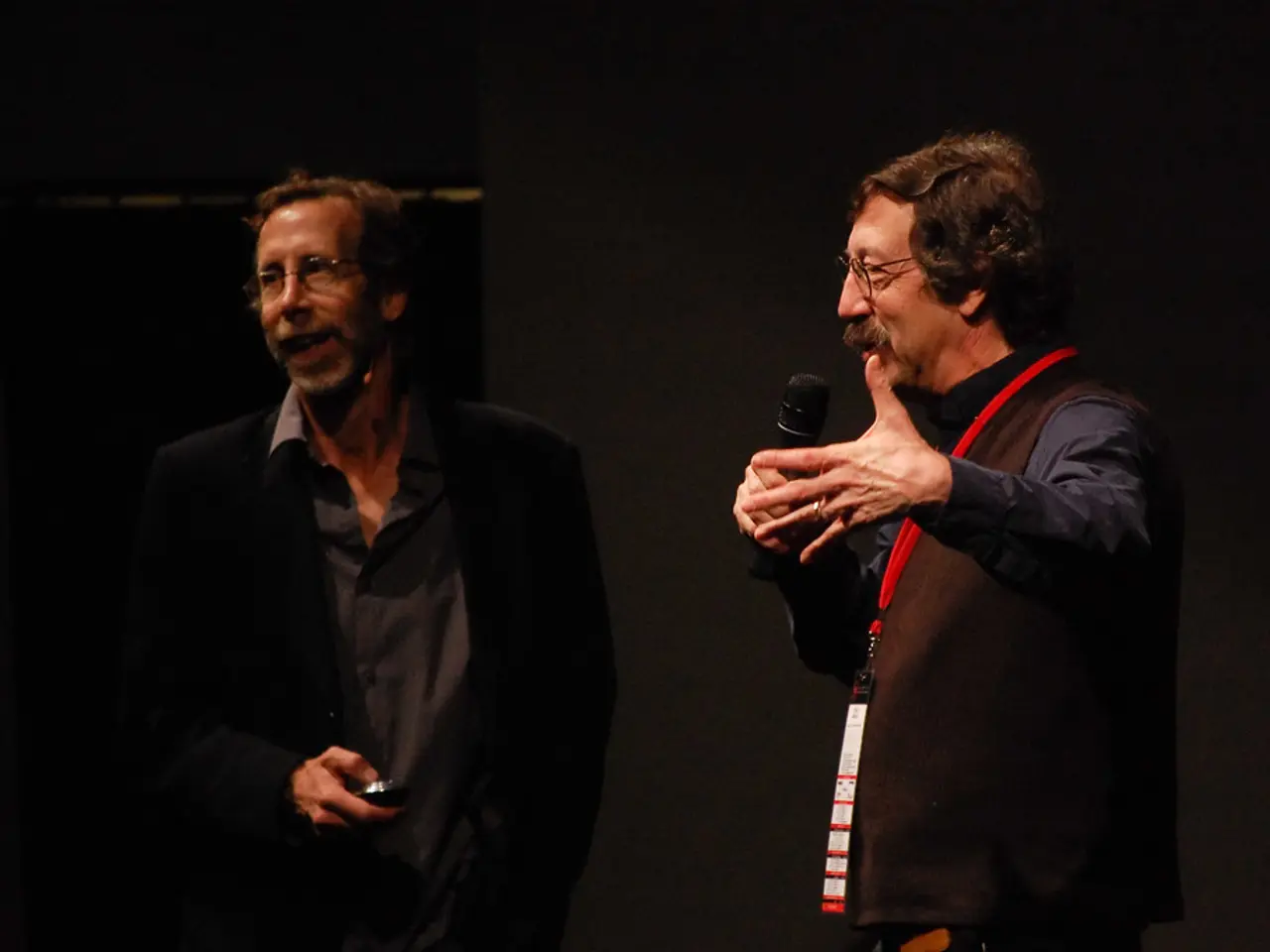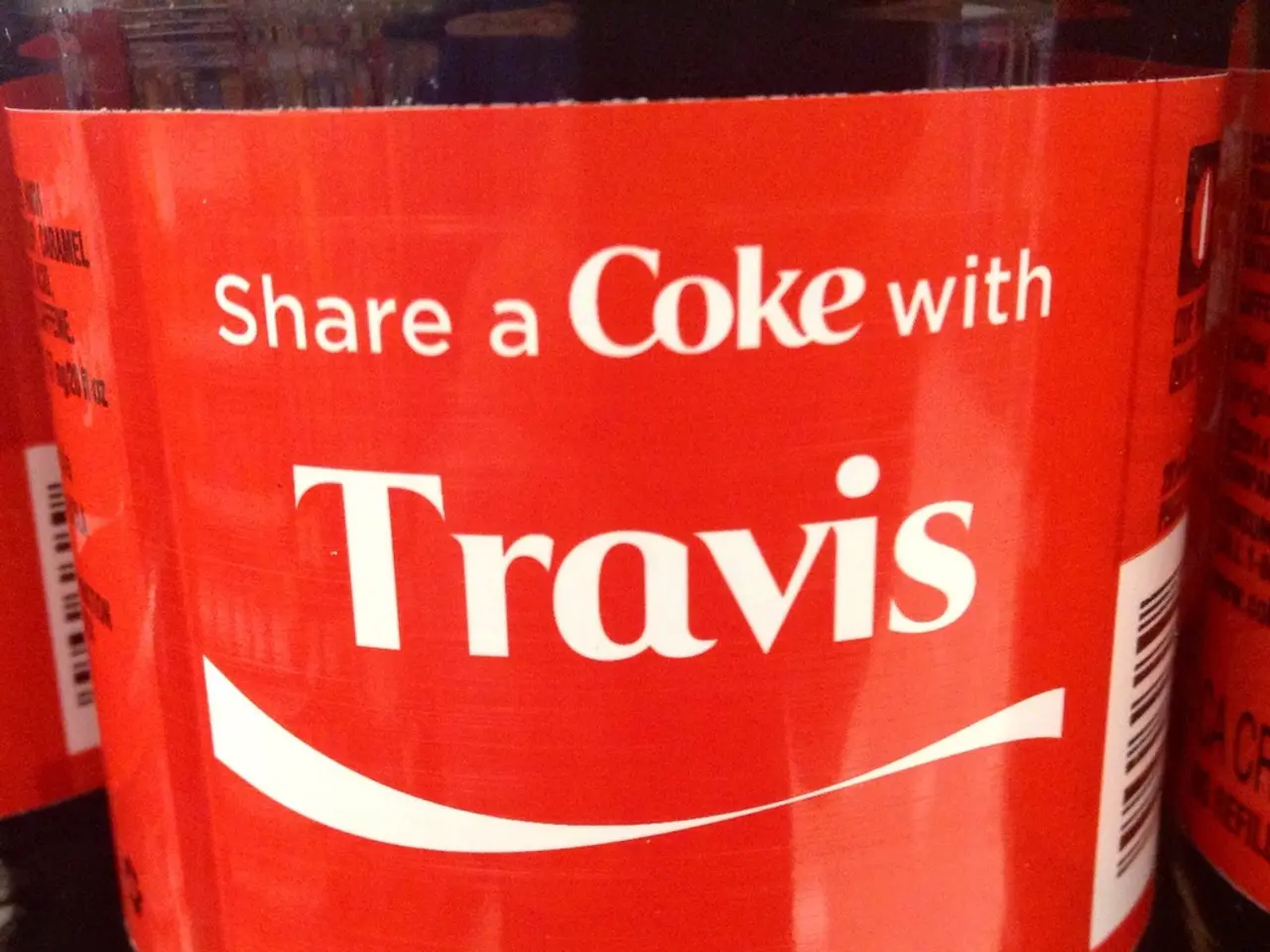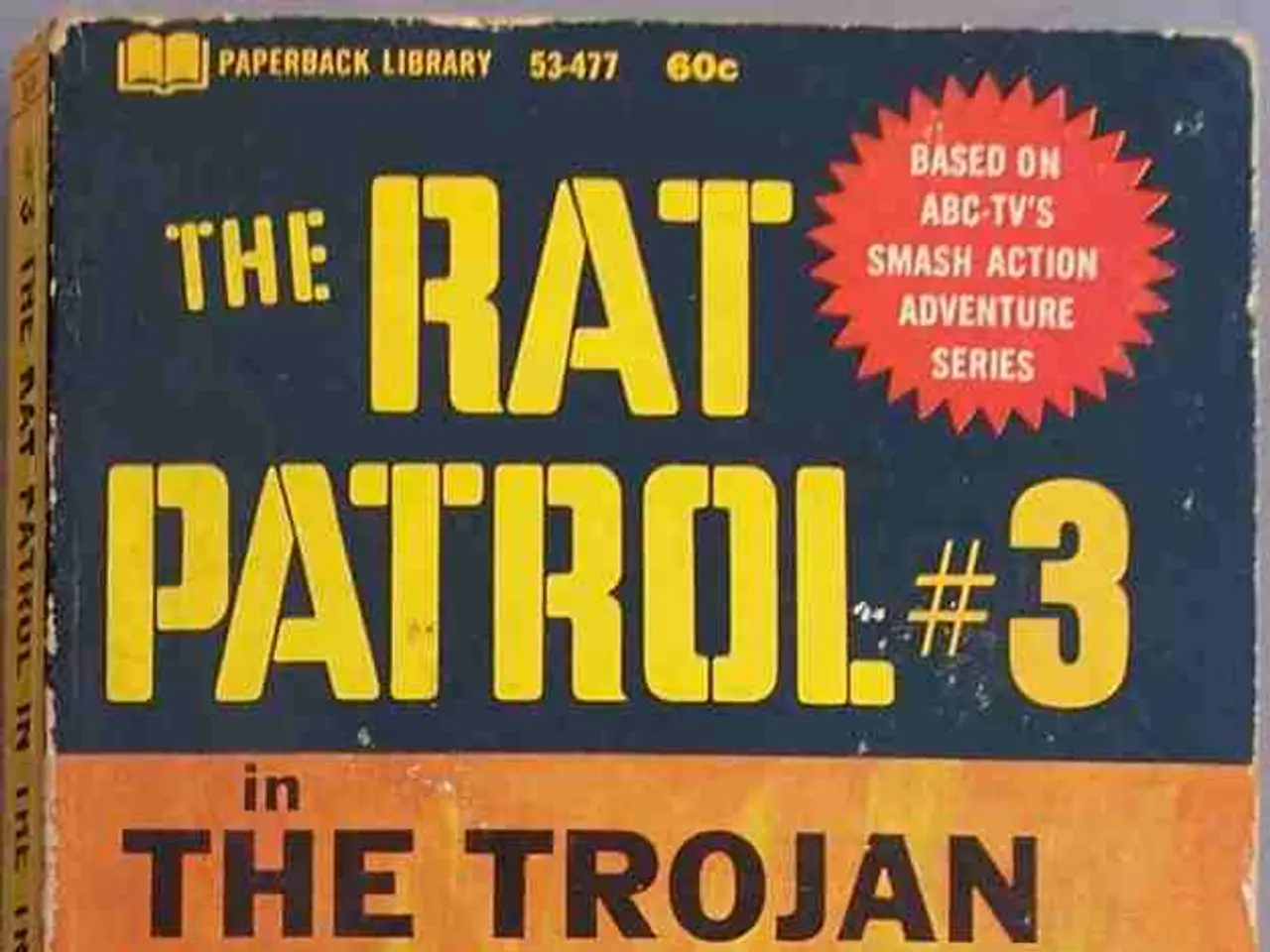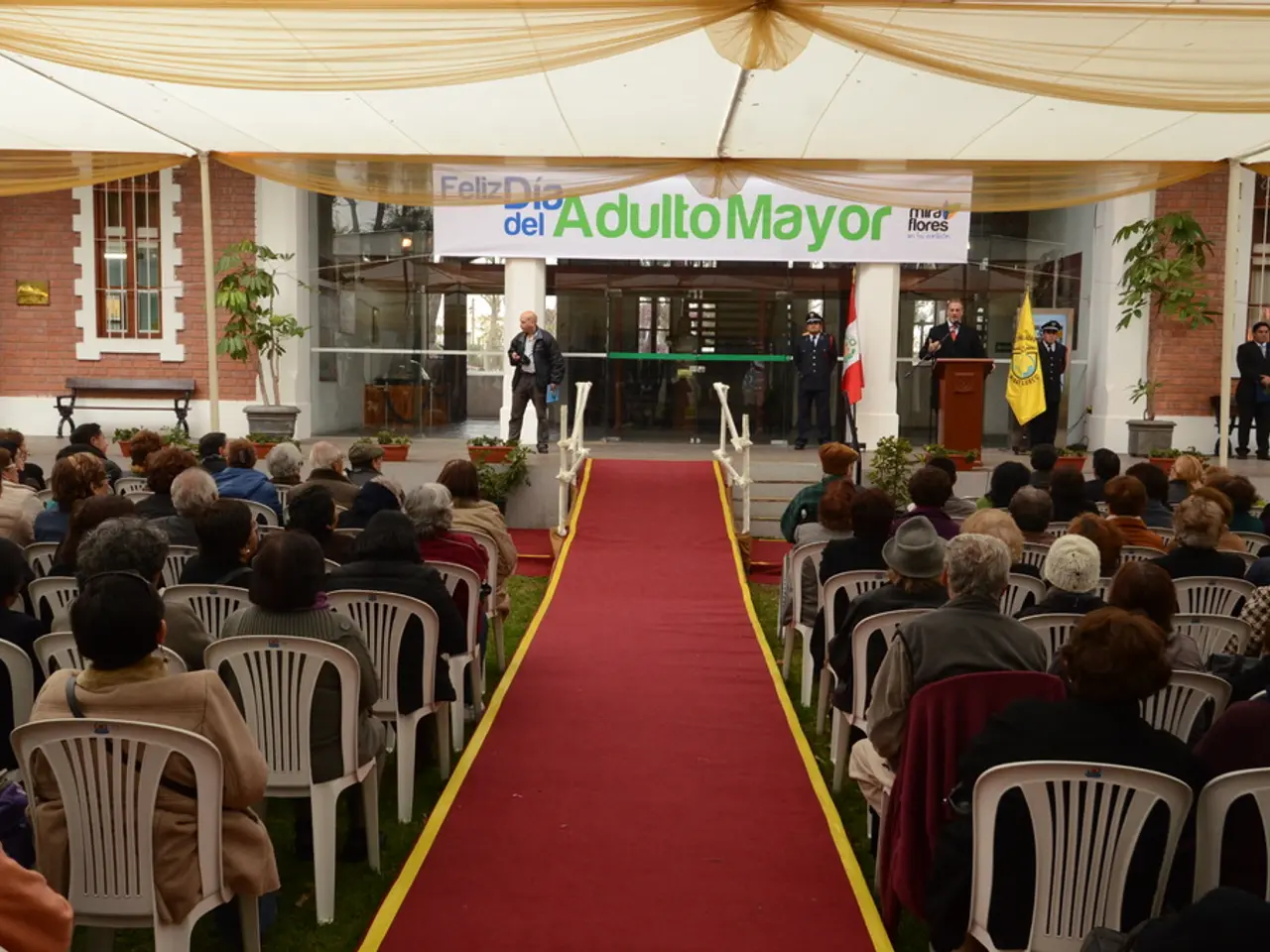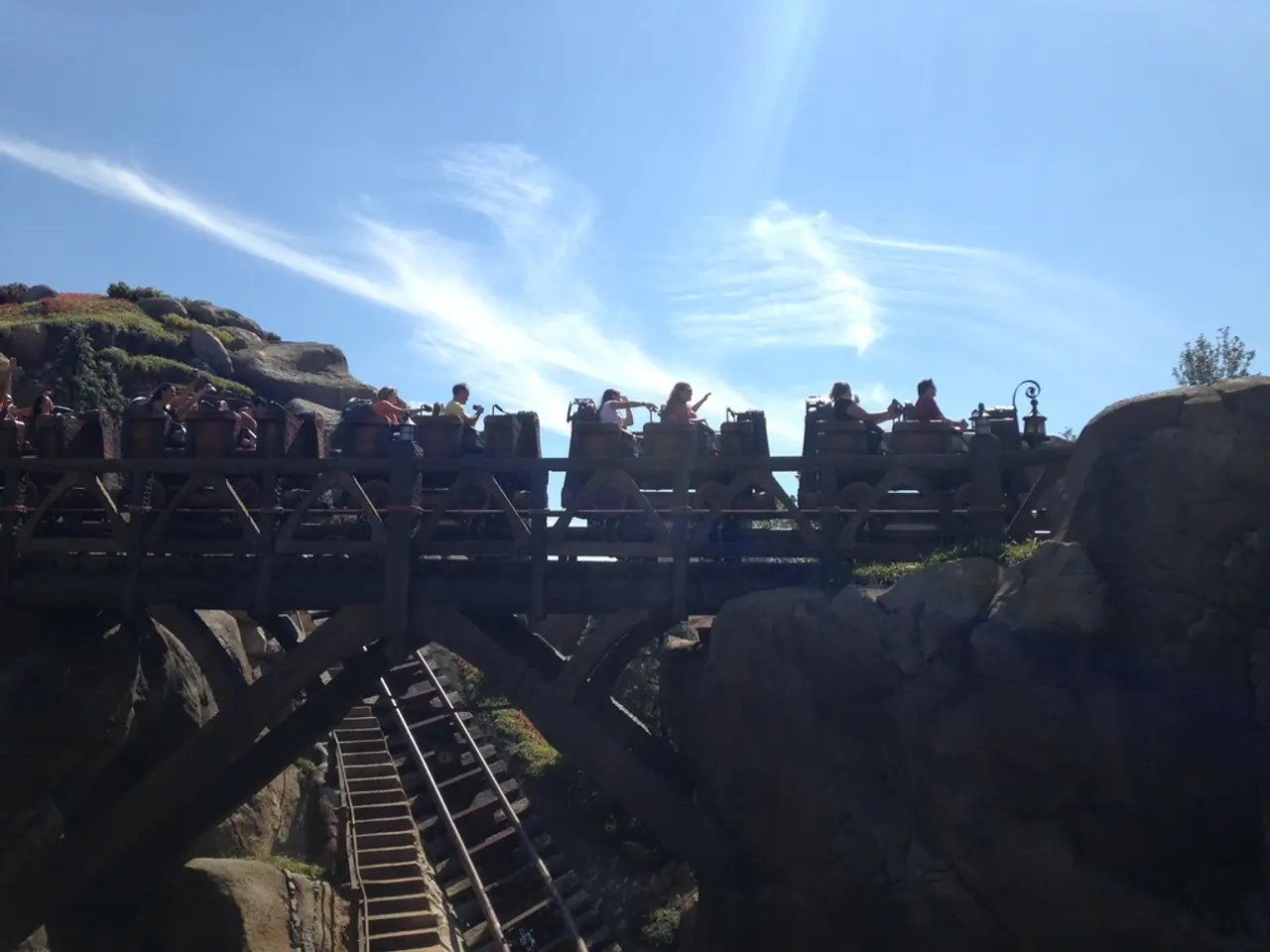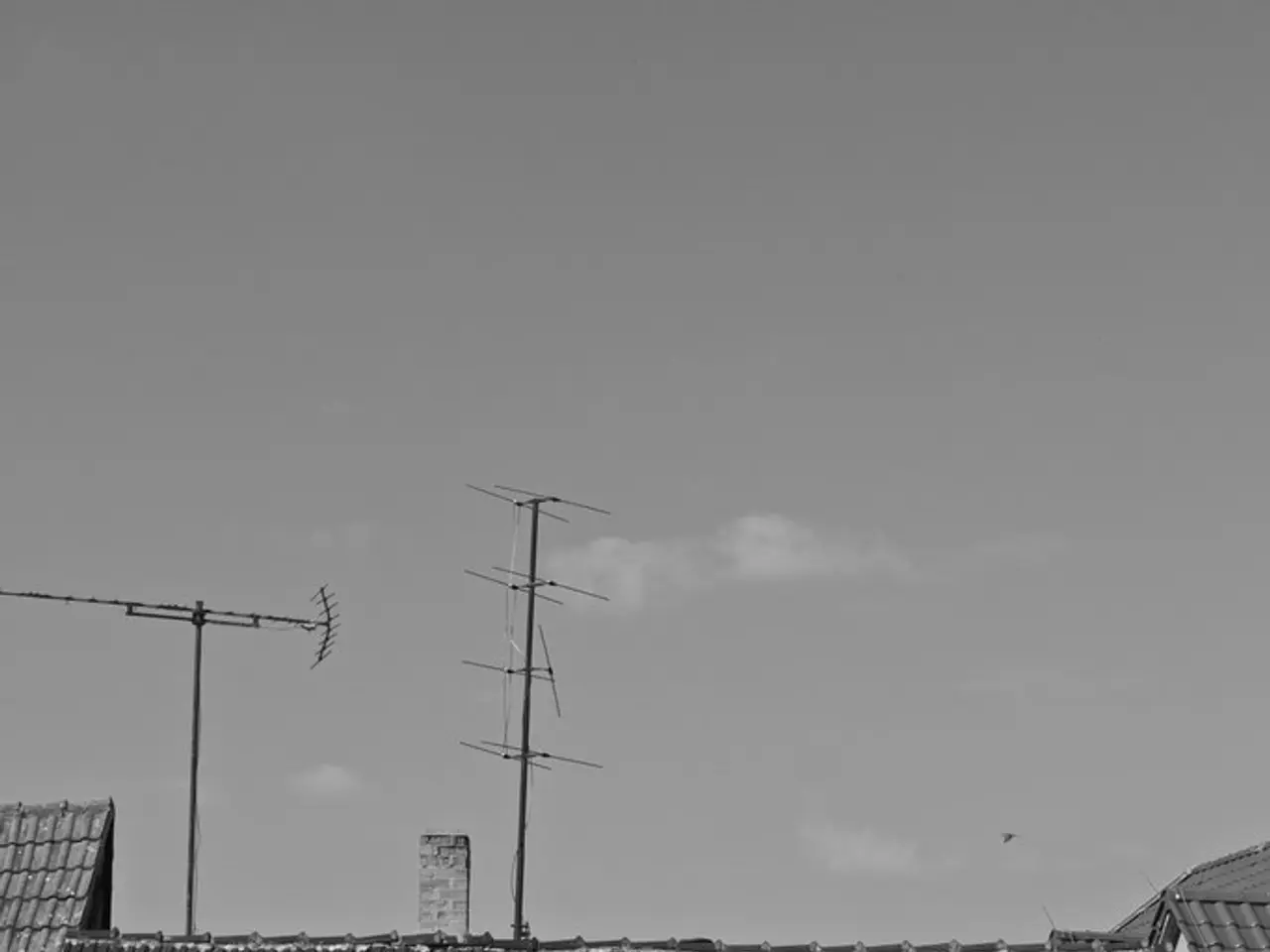Contemplating Social Media Over Parliament for Inquiries: Supreme Court Delays Rahul Gandhi's Trial for Army Remarks
In a recent development, the Supreme Court of India has rebuked Congress leader Rahul Gandhi over his remarks about Chinese soldiers allegedly beating up Indian Army personnel in Arunachal Pradesh. The Court questioned the credibility of his claims and criticized him for making such statements on social media instead of raising them in Parliament.
During the 2022 Bharat Jodo Yatra, Gandhi argued that the Chinese army was "thrashing" Indian soldiers and had captured 2,000 square kilometers of Indian land, killing 20 Indian soldiers in Arunachal Pradesh. He highlighted what he saw as the government's failure to address Chinese actions at the Line of Actual Control (LAC).
However, the Supreme Court Bench of Justices Dipankar Datta and Augustine George Masih cautioned Gandhi about making statements on social media instead of raising issues in the parliament. The Court asked Gandhi whether his statements were based on any credible material. The Court also remarked that the right to freedom of speech does not extend to making defamatory or unverified statements against the Indian Army or national interest.
The Court's rebuke came as it stayed the criminal defamation case against Rahul Gandhi in connection with his remarks about the Indian Army during the 2022 Bharat Jodo Yatra. The Court proceeded to stay the proceedings while issuing notice to the State.
The case stems from a complaint filed by lawyer Vivek Tiwari on behalf of Uday Shankar Srivastava, a former director of the Border Roads Organisation with a rank equivalent to an Army Colonel. Tiwari alleged that Gandhi's remarks were derogatory and defamatory towards the Indian military forces.
Senior Advocate Abhishek Manu Singhvi stated that the remarks by Gandhi cannot be a ground for a third party to file a defamation case. The Supreme Court is hearing an appeal by Rahul Gandhi against an Allahabad High Court order. While dismissing Gandhi's plea against the Magistrate's order, the High Court observed that the complainant qualified as an "aggrieved person" under Section 199 of the CrPC. The High Court held that the complainant, a retired Director of the Border Roads Organisation, was entitled to file the complaint due to personal hurt caused by the comments.
Challenging this, Gandhi had moved the Allahabad High Court. The Supreme Court has now stayed the proceedings for three weeks. The Court did not rule on the credibility of Gandhi's statements. The political controversy surrounding Gandhi's remarks continues, with the BJP calling him "anti-national," while Congress accused the Modi government of hiding facts about China.
In summary, the Supreme Court of India has rebuked Rahul Gandhi over his remarks about Chinese actions at the LAC, questioning the credibility of his claims and criticizing him for making such statements on social media instead of raising them in Parliament. The Court has stayed the defamation proceedings against Gandhi for three weeks but has rebuked his statements as irresponsible. The political controversy surrounding Gandhi's remarks continues, with the BJP calling him "anti-national," while Congress accused the Modi government of hiding facts about China. The matter will be heard again after three weeks.
- The Supreme Court's rebuke of Rahul Gandhi over his remarks about Chinese actions at the LAC highlights the importance of policy-and-legislation, as it underscores the necessity of raising such sensitive issues in Parliament rather than on social media.
- In the midst of the ongoing politics regarding Rahul Gandhi's remarks about Chinese actions, including the territorial disputes and alleged attacks on Indian soldiers, general-news outlets remain crucial in providing credible information and fostering informed discussions among the public.
